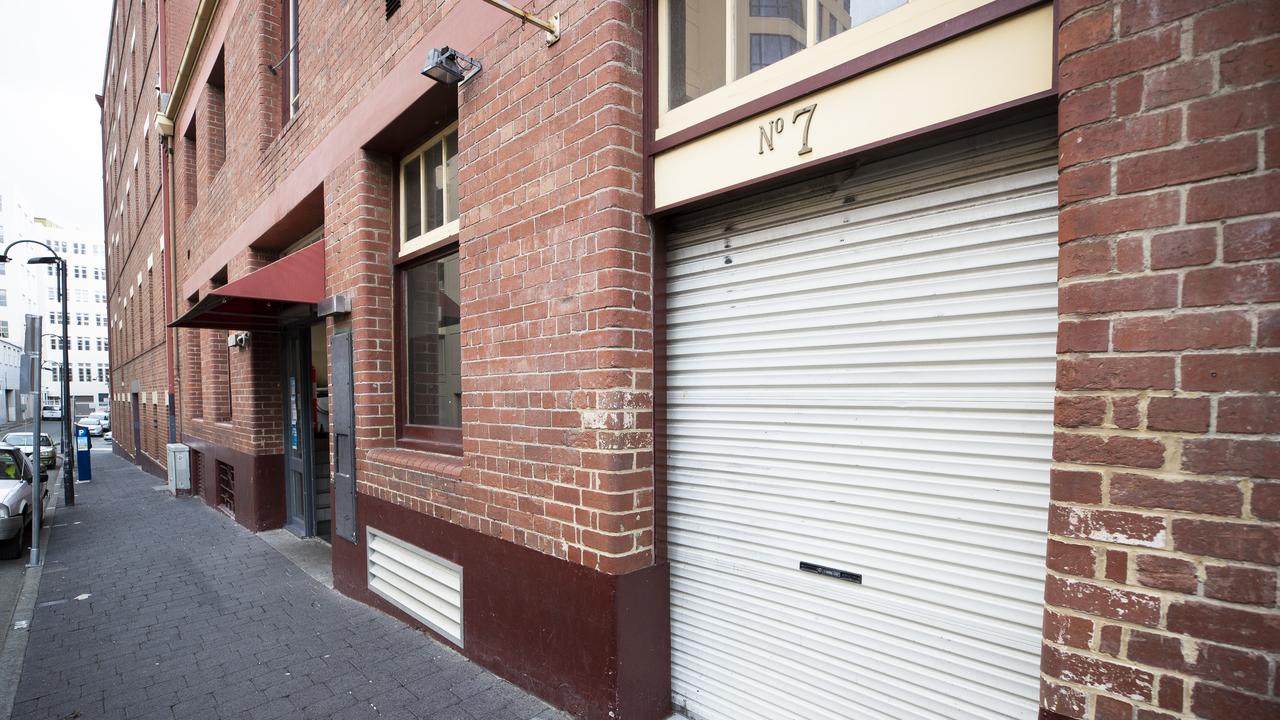Coroner’s findings: UTAS academic Stewart Williams could have been saved after 2019 one-punch attack
The death of UTAS academic Stewart Williams sent shockwaves through the community after he was the victim of a one-punch attack at a Hobart nightclub in 2019. Now a coroner has revealed he could have been saved.

A UTAS academic who died after a one-punch attack at a Hobart nightclub in 2019 could have been saved if his internal bleeding was detected fast enough, a coroner has found.
Long serving senior lecturer, Stewart Williams, died, aged 54, at the Royal Hobart Hospital after he was punched in the face at Mobius Lounge Bar.
More than four and a half years after Dr Williams died, a coroner has revealed he could have been saved.

In her findings, Coroner Olivia McTaggart said the cause of Dr Williams death was brain damage, from blood loss and airway obstruction caused by the one-punch attack. She said “inadequate” medical treatment contributed to his death.
Ms McTaggart said in the moment’s leading up to his death, Dr Williams became involved in a brief verbal altercation with Kelly, while walking up the club’s stairs.
It’s understood Kelly said words to the effect of “you want me to f*** you up?”, before punching Dr Williams, knocking him unconscious.
A crowd controller administered first aid, before Dr Williams was rushed to the RHH in an ambulance.
Ms McTaggart said he suffered fractures to the facial bones around his eyes, along with nasal cavity bleeding, but the latter was not recognised by doctors until it was too late.
“It is likely that, if the source of the bleeding had been detected and treated in a timely manner, as it should have been, Dr Williams would have survived,” Ms McTaggart said in her findings.
She said there were ample opportunities to assess Dr William’s condition and treat him, but most were missed.

Ms McTaggart said in one instance during Dr William’s time in hospital, a nurse noted he had spat up 500mls of blood, but this was only recorded in a discharge letter.
“The lack of documentation on the fluid balance chart meant Dr Williams’ ongoing internal bleeding and loss of blood went undetected,” Ms McTaggart said.
She said there were several signs which should have warranted consultation from a nosebleed expert, who could have stopped the bleeding, but this did not occur.
She said the bleeding continued for several hours before staff attempted to control it and no plan was formed to determine the cause.
She said by the time the medical experts needed were notified of Dr Williams’ condition, it was too late.
Ms McTaggart did not make any recommendations because a root cause analysis had already been conducted and recommendations had already been implemented at the hospital.
“The deficits in his treatment were not attributable to any one individual and there is no suggestion that the treating staff were not attempting to do their best in the circumstances,” she said.
More Coverage
Originally published as Coroner’s findings: UTAS academic Stewart Williams could have been saved after 2019 one-punch attack





